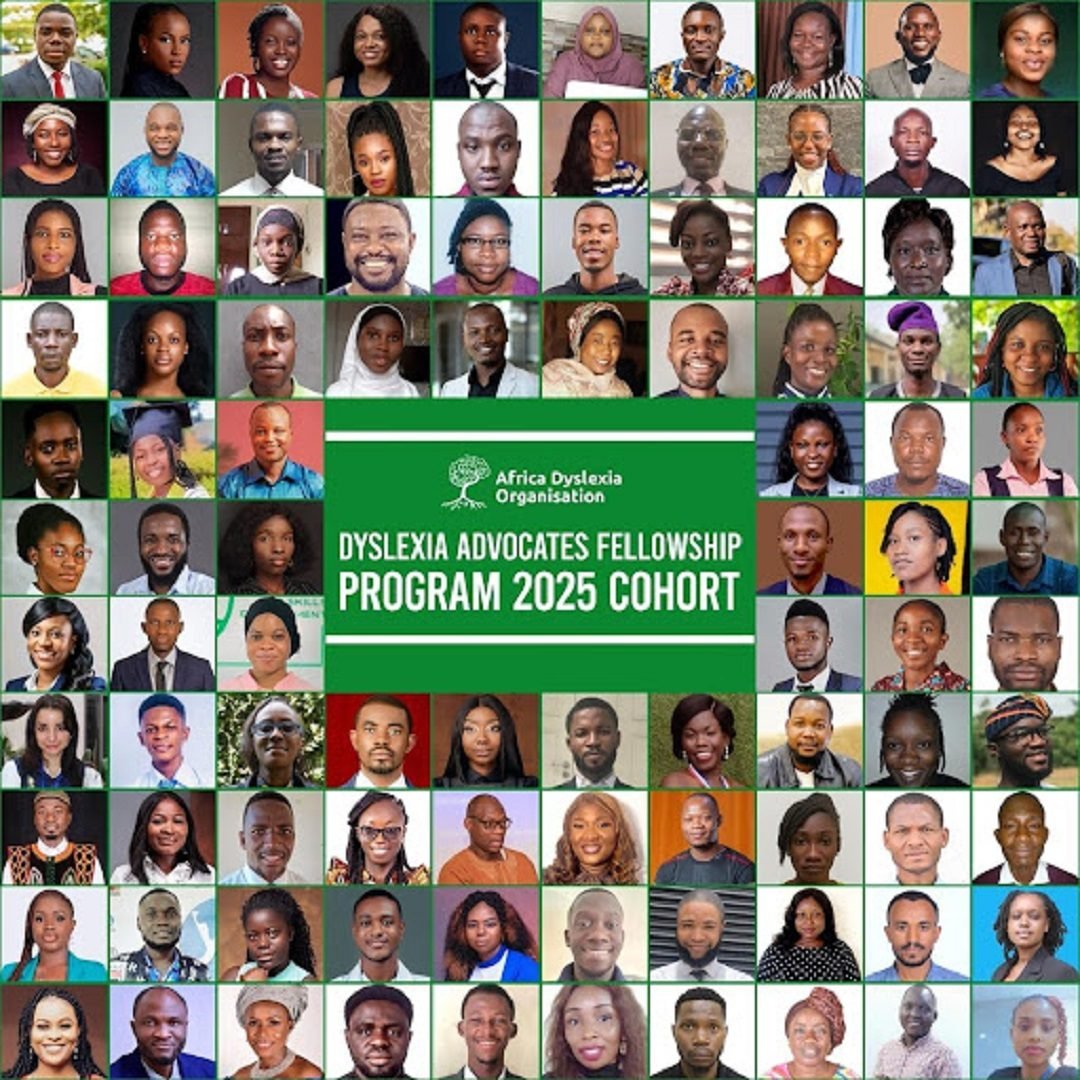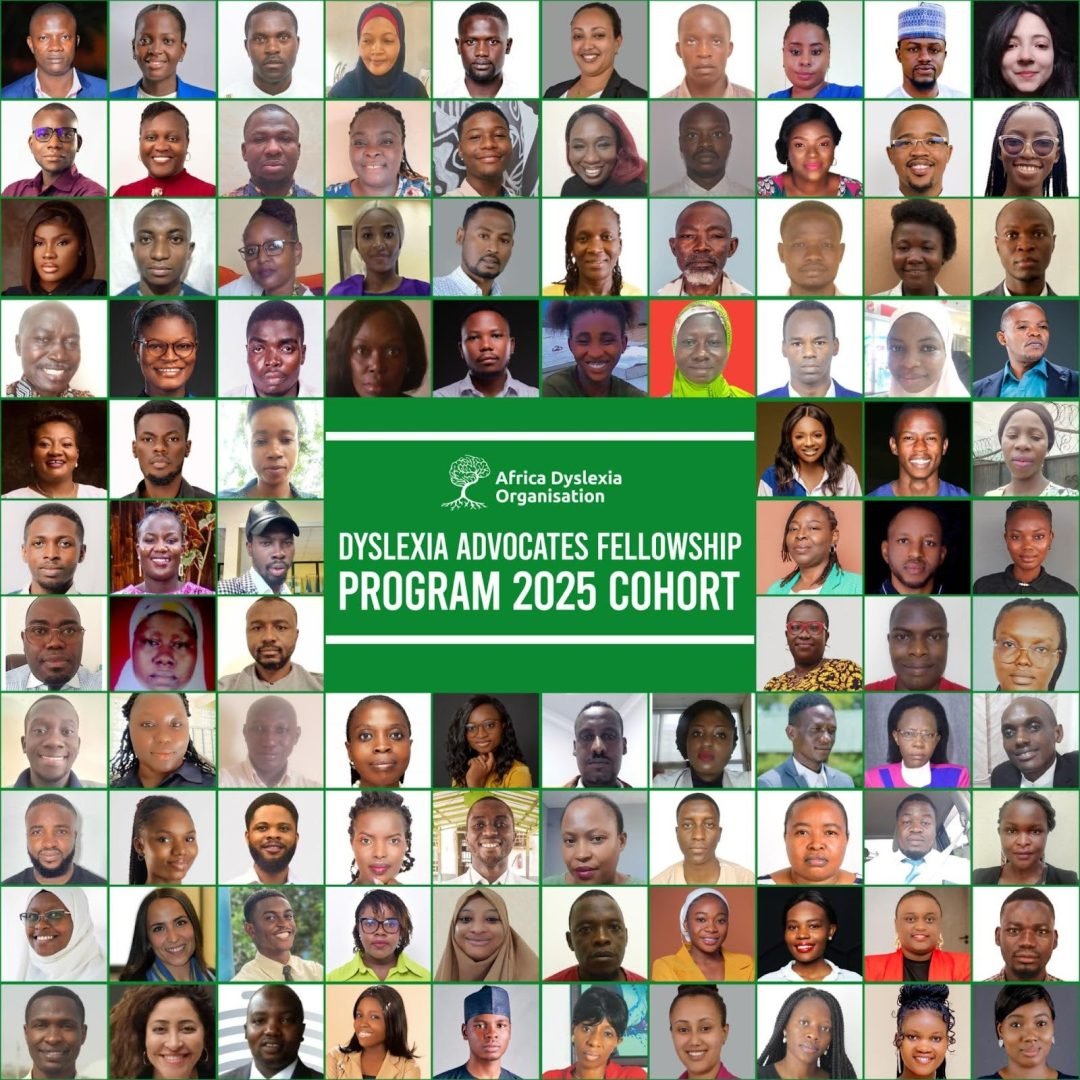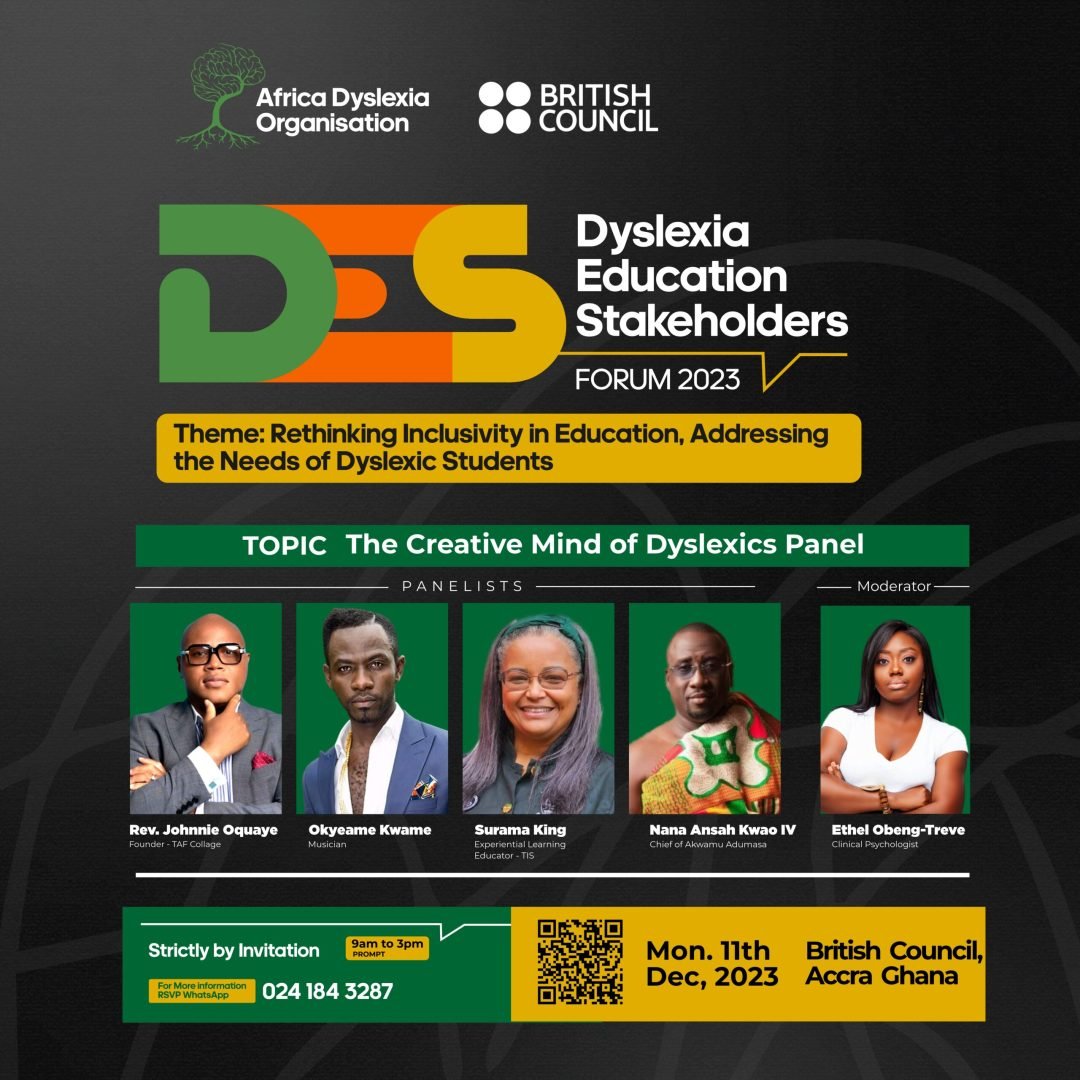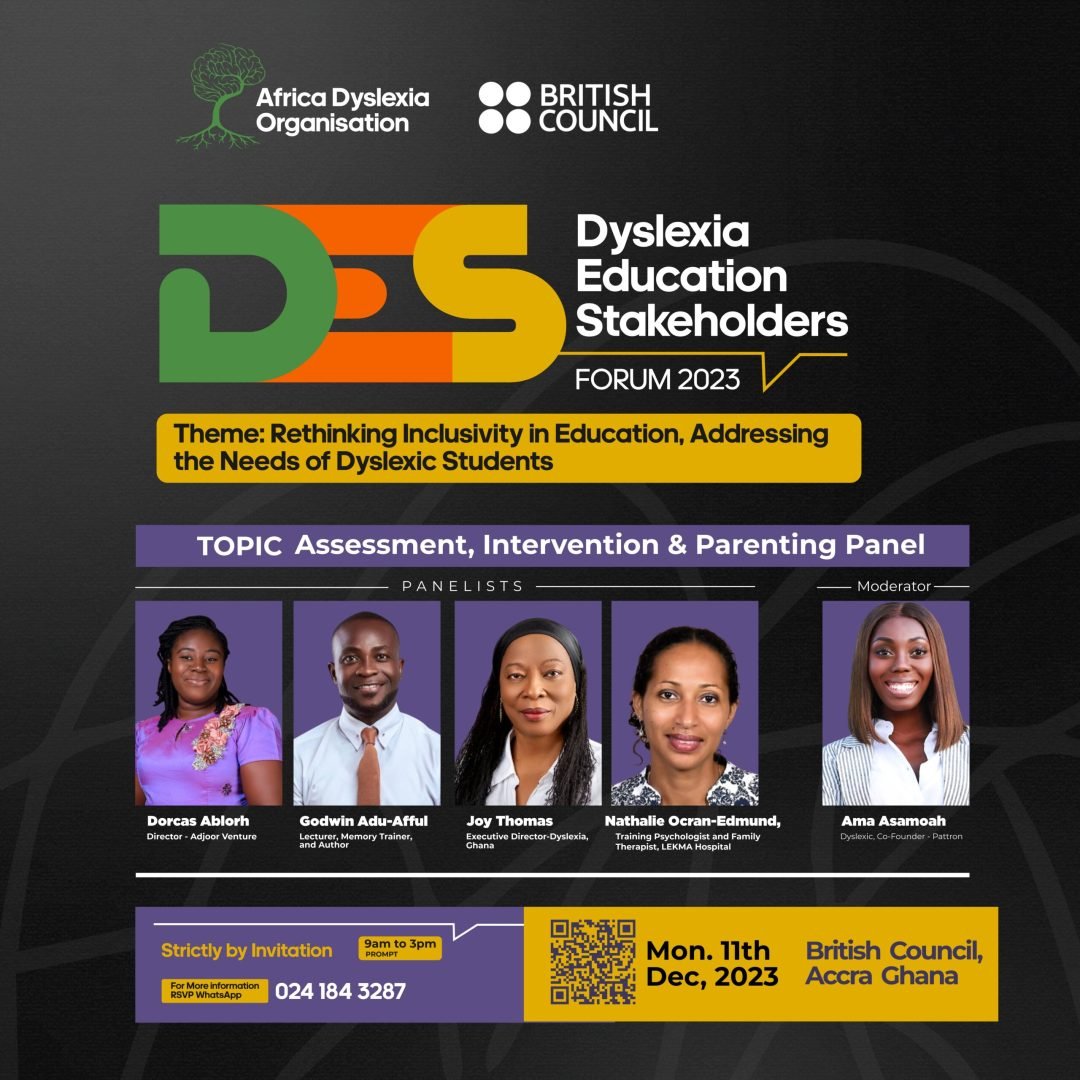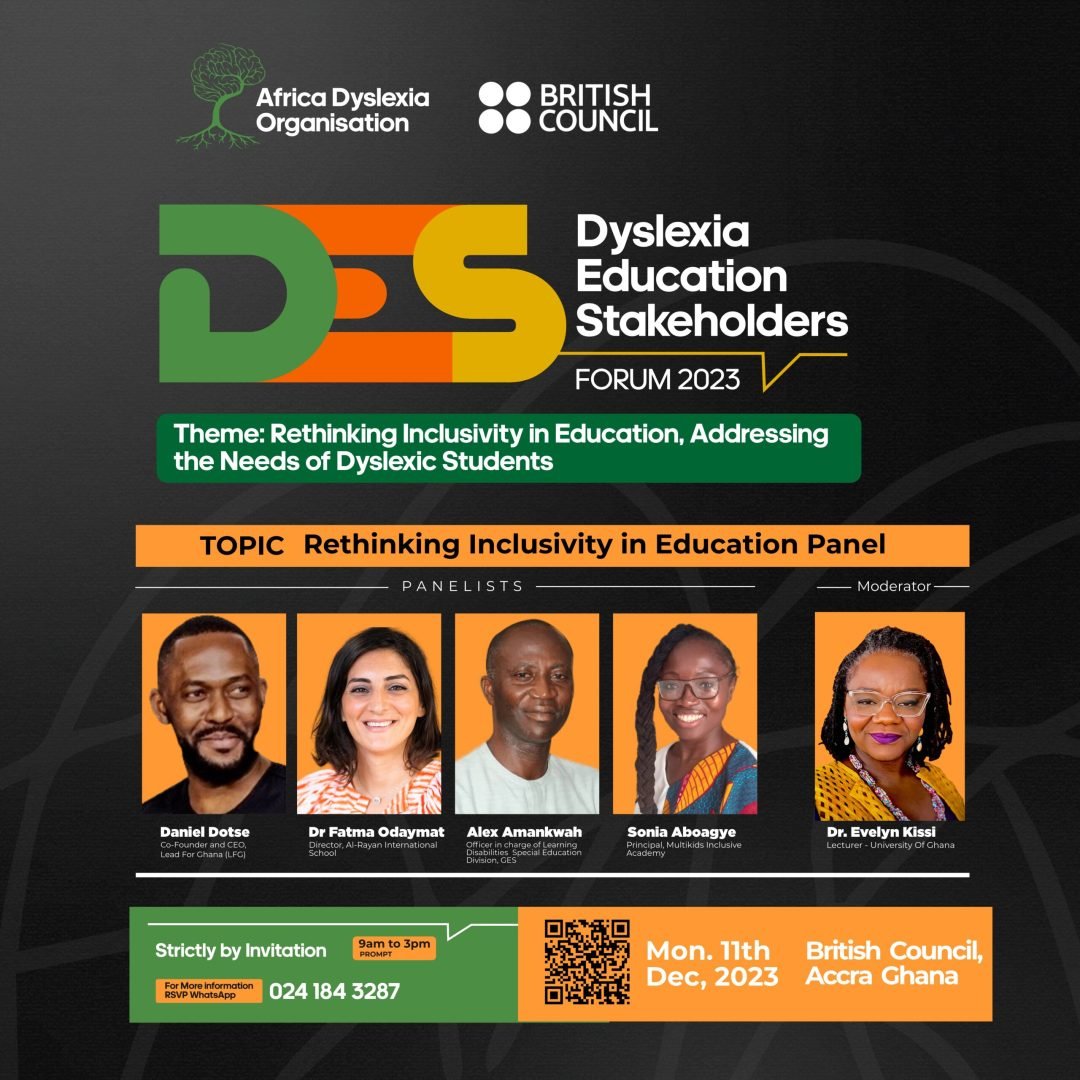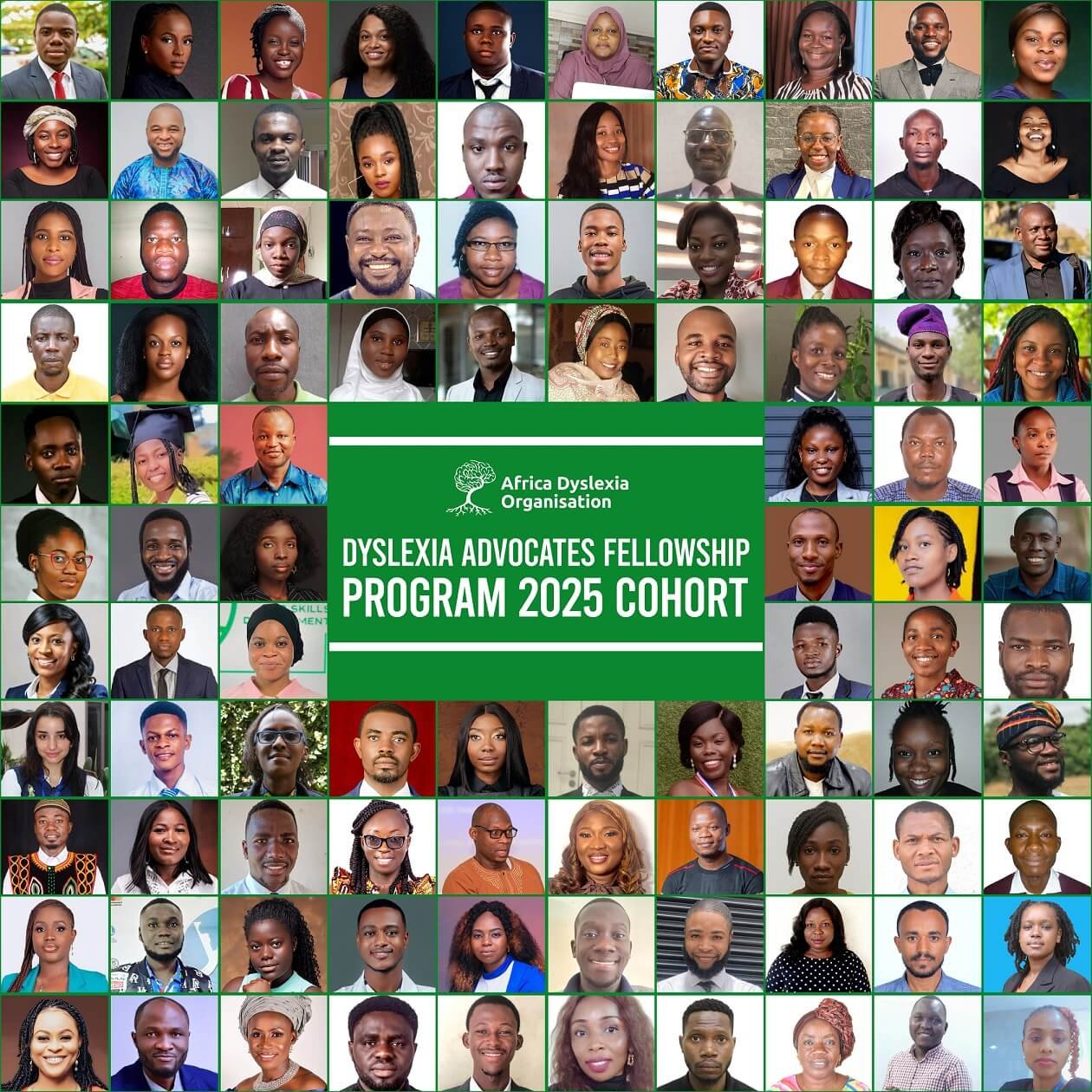
Dyslexia Advocate Fellowship Program 2025: The 2025 Dyslexia Advocates Fellowship:
Empowering a Movement for Change Across Africa
In a step towards inclusion and educational equity, the Africa Dyslexia Organization has launched its second Dyslexia Advocates Fellowship Program, bringing together a diverse cohort of 246 changemakers from 35 African countries. These individuals are on a mission to dismantle barriers, challenge stigma, and champion opportunities for people with dyslexia, a group that is often overlooked yet holds incredible potential.
Dyslexia in Africa: The Untold Story
In Africa, where awareness and resources for learning disabilities remain limited, dyslexia often goes undiagnosed or misunderstood. This lack of recognition denies millions of children and adults the support they need to thrive. The Dyslexia Advocates Fellowship seeks to address this gap by equipping leaders with the tools to transform their communities and bring visibility to the challenges faced by individuals with learning differences.
As a dyslexic herself, Rosalin Abigail Kyere-Nartey, Founder and Executive Director of the Africa Dyslexia Organization, understands the urgency of this mission. “I struggled to read and write until I was 17, not because I was lazy or unintelligent, but because no one understood I was dyslexic. This fellowship is about ensuring no one else has to face that isolation,” says Kyere-Nartey.
The 2025 Cohort: A Force for Inclusion
The newly inducted fellows represent an unprecedented pan-African collaboration. Coming from varied professional backgrounds, teachers, entrepreneurs, healthcare workers, policy advocates, and more, they share a singular vision: to create a future where every child, regardless of their learning differences, can succeed.
The program empowers these advocates with intensive training in multi-sensory teaching methods, community mobilization, and policy advocacy. Fellows will return to their communities equipped to lead initiatives that:
- Foster inclusive education through teacher training and school reform.
- Advocate for neurodiverse-friendly policies in workplaces and institutions.
- Build support networks for families of children with dyslexia.
To Sponsor this initiative, contact us at info@africadyslexia.org or Call or Whatsapp: +233 24 184 3287 or +233 243 53 55 53.


